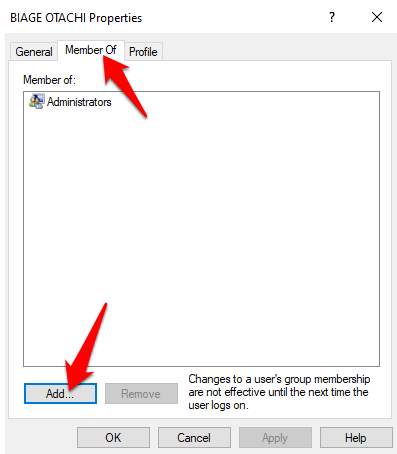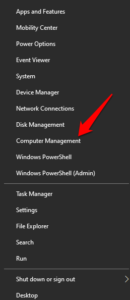


Furthermore once a file is fragmented it will stay that way until removed & replaced or acted upon by a defragment process on the filesystem, and deleting fragmented files may leave the free space around them a mess of small blocks so delete & reallocate may not help on a near-full filesystem.Īny filesystem that claims to be fragmentation free without a list of caveats attached to that claim is snake-oil. Some have tweaks that help reduce the effects (NTFS being able to store small files in directory blocks directly for instance) but it is not practical to completely rid yourself of them especially in pathological cases.

Once volumes are near-full not much helps - this is still true for modern variants of NTFS, ext, and any other filesystem (I'm not counting filesystems with "active defragmentation" as that is essentially a filesystem plus a tool). How much is "near full" very much depends on your local use cases (rules of thumb like "the larger of 10% or 20Gb" are banded about, but they are just myth-like guesswork at an old-wive's-tale level IMO as they are usually traceable back to times when volumes were much smaller and common data patterns vastly different). In terms of main file content storage it did (and still does) a very good job, especially relative to FAT 's naive first-available-block allocation strategy, until the volume gets near-full. The operative word there there is relatively. thought NTFS was declared to be relatively immune from fragmentation problems


 0 kommentar(er)
0 kommentar(er)
